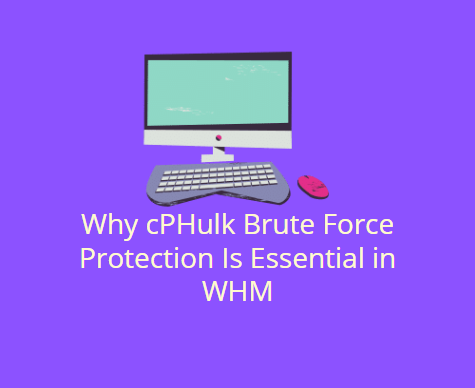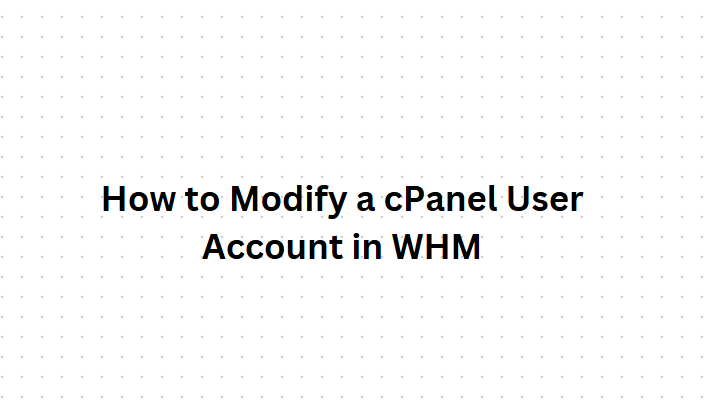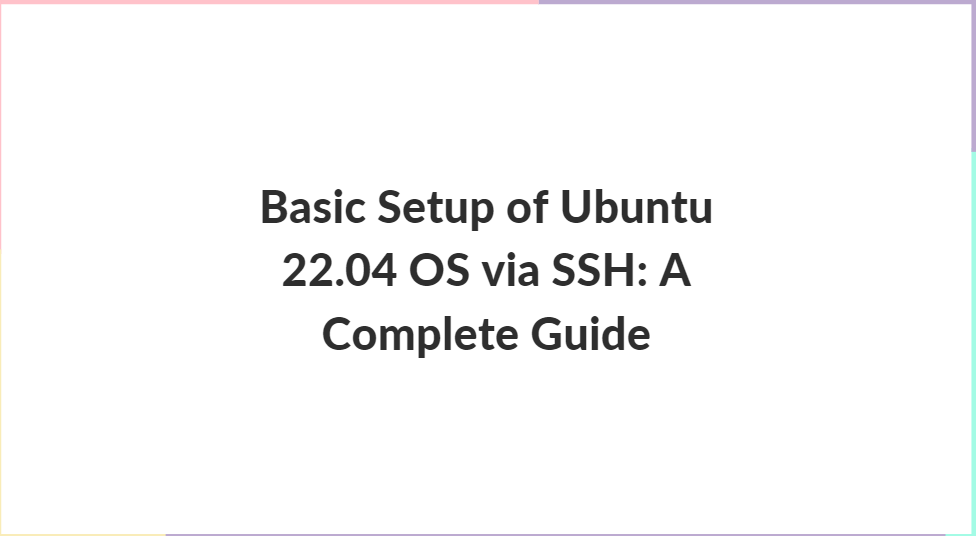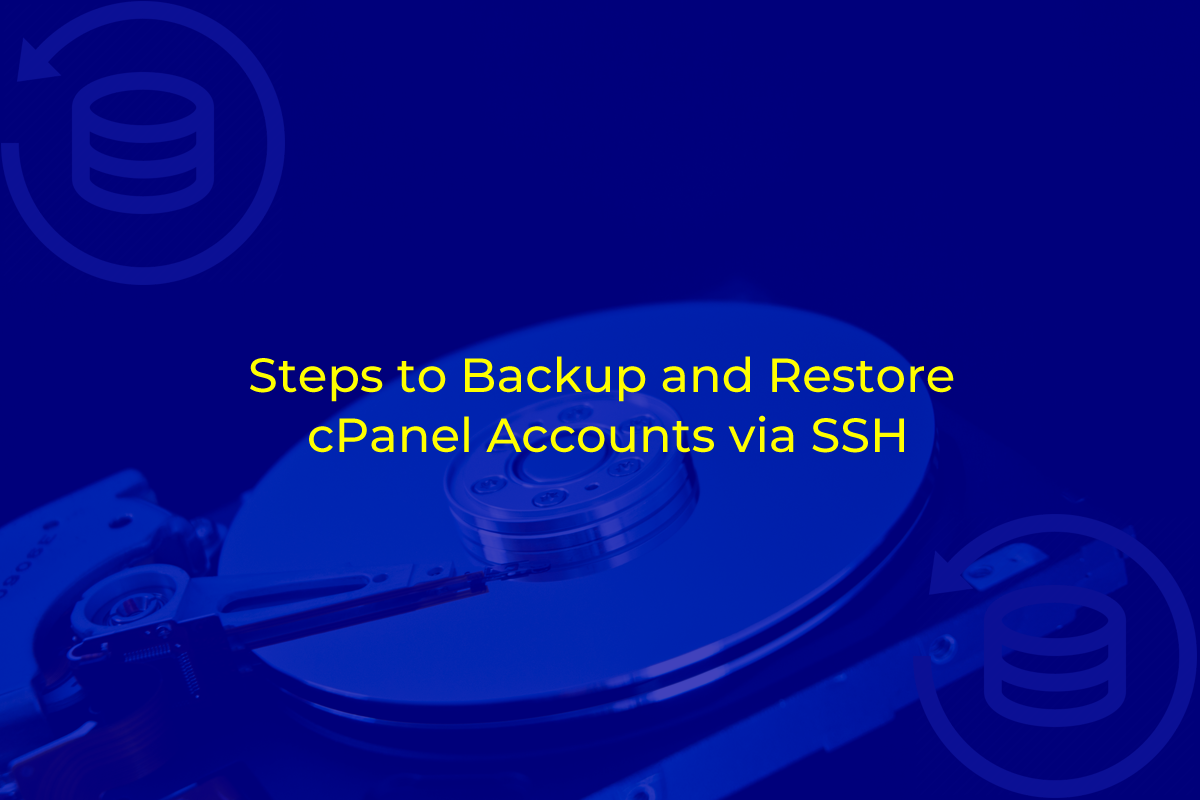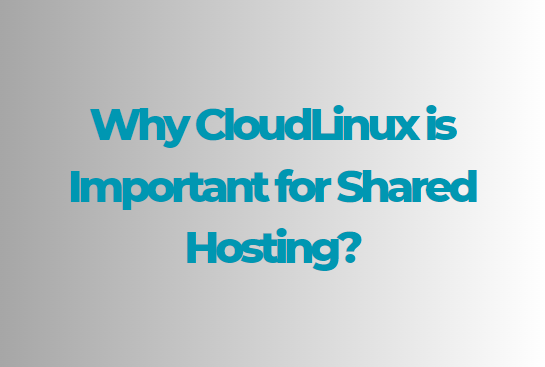
Shared hosting is a popular choice for many website owners due to its cost-effectiveness and ease of use. However, the shared nature of the resources can lead to performance issues, security vulnerabilities, and other challenges. CloudLinux emerges as a vital solution in this landscape, specifically designed to enhance shared hosting environments. In this blog post, we’ll explore why CloudLinux is important for shared hosting, focusing on its benefits, features, and the impact it has on both hosting providers and website owners.
Table of Contents
What is Shared Hosting?
Shared hosting involves multiple websites residing on a single server, sharing resources such as CPU, RAM, and disk space. This setup is ideal for small to medium-sized websites due to its affordability and simplicity. However, it also means that the performance of one website can affect others on the same server.
Challenges of Shared Hosting
- Resource Contention: One website consuming excessive resources can slow down or crash other websites on the server.
- Security Risks: A vulnerability in one website can potentially expose other websites to security threats.
- Stability Issues: Frequent crashes or downtime can occur due to the shared nature of the environment.
These challenges necessitate a robust solution that can manage resources efficiently, enhance security, and maintain stability.
What is CloudLinux?

CloudLinux is an operating system designed specifically for shared hosting environments. It provides a range of features that address the common issues faced by shared hosting providers and their clients. By isolating each user and managing resources effectively, CloudLinux ensures that websites remain stable, secure, and performant.
Key Features of CloudLinux
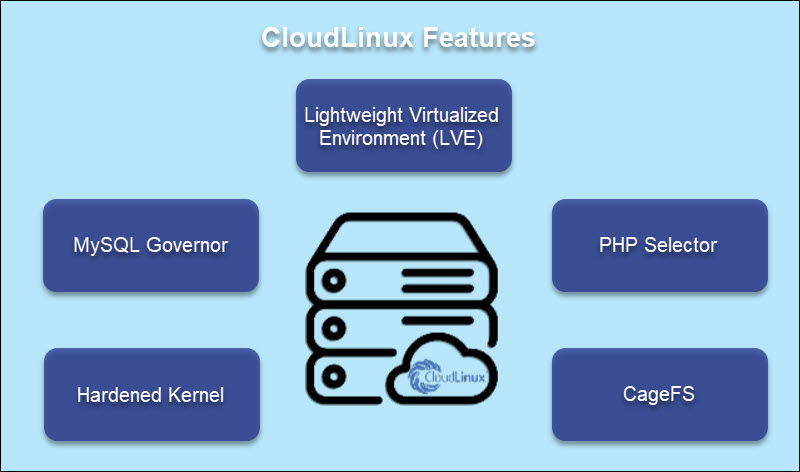
- LVE (Lightweight Virtual Environment): Isolates each user, ensuring that no single user can monopolize server resources.
- CageFS: A virtualized file system that encapsulates each user, preventing security breaches and reducing the risk of attacks.
- PHP Selector: Allows users to choose their preferred PHP version and modules, enhancing compatibility and performance.
- MySQL Governor: Monitors and manages MySQL usage to prevent any single user from degrading database performance.
Enhanced Resource Management
Lightweight Virtual Environment (LVE)
The LVE feature of CloudLinux plays a crucial role in resource management. It isolates each user in a Lightweight Virtual Environment, which allocates specific CPU, RAM, and disk resources to each user. This isolation ensures that:
- No Resource Hogging: If one website starts consuming too much CPU or memory, it will be restricted to its allocated resources, preventing it from affecting other websites on the server.
- Predictable Performance: Websites can expect consistent performance levels, as resource allocation is strictly enforced.
MySQL Governor
MySQL is a critical component for many websites, and its performance can significantly impact the overall server performance. CloudLinux’s MySQL Governor monitors MySQL usage in real-time and limits the resources available to heavy users. This ensures:
- Database Stability: Heavy database users do not degrade the performance of other databases on the server.
- Optimized Queries: Encourages users to optimize their queries, leading to better overall database performance.
Improved Security
CageFS
Security is a major concern in shared hosting environments. CloudLinux’s CageFS addresses this by creating a virtualized file system for each user. This encapsulation ensures that:
- Isolation: Users cannot see or access each other’s files, reducing the risk of attacks and data breaches.
- Protection: Common vulnerabilities, such as privilege escalation attacks, are mitigated as each user operates in a separate virtual environment.
SecureLinks
Another significant security feature of CloudLinux is SecureLinks, which protects symbolic links. This feature prevents symlink attacks, a common method used by attackers to gain unauthorized access to files. By ensuring that symbolic links are only accessible by their owners, SecureLinks enhances the overall security of the hosting environment.
Better Stability
KernelCare
Frequent kernel updates are essential for security and stability but often require server reboots, leading to downtime. CloudLinux’s KernelCare provides live kernel updates without the need for reboots, ensuring that:
- Continuous Uptime: Servers remain operational while receiving critical updates.
- Enhanced Security: Immediate application of security patches without disrupting service.
Stability Under Load
The resource management features of CloudLinux ensure that servers remain stable even under high load conditions. By preventing any single user from overloading the server, CloudLinux maintains overall system stability, providing a reliable hosting environment for all users.
Customizability and Flexibility
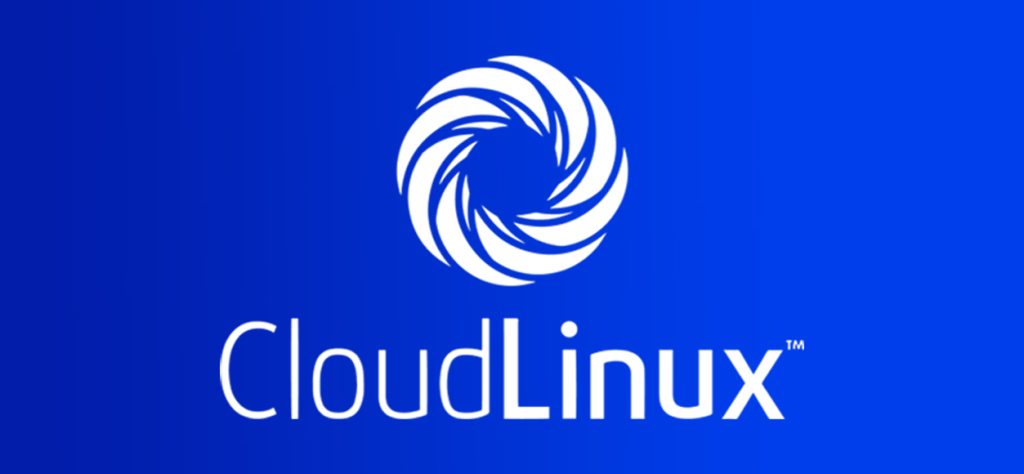
PHP Selector
Different websites may require different PHP versions and modules. CloudLinux’s PHP Selector allows users to choose their preferred PHP version from a range of options, ensuring compatibility with their applications. This feature provides:
- Flexibility: Users can run applications requiring different PHP versions on the same server.
- Ease of Use: Simple interface for selecting PHP versions and modules, enhancing user experience.
Multiple Versions of MySQL and MariaDB
Similar to PHP Selector, CloudLinux supports multiple versions of MySQL and MariaDB. This allows users to select the database version that best suits their needs, ensuring compatibility and optimal performance.
Enhanced Performance
Optimized Resource Allocation
CloudLinux’s resource allocation mechanisms ensure that each website receives a fair share of resources, preventing any single user from monopolizing server resources. This leads to:
- Consistent Performance: Predictable and reliable performance for all websites on the server.
- Efficient Resource Utilization: Optimal use of server resources, maximizing the server’s capacity to host more websites without degradation in performance.
Faster Website Loading Times
By preventing resource contention and ensuring efficient resource allocation, CloudLinux helps achieve faster website loading times. This not only enhances user experience but also positively impacts search engine rankings, as site speed is a critical factor in SEO.
Improved User Experience
Enhanced Control Panel Integration
CloudLinux integrates seamlessly with popular control panels like cPanel, Plesk, and DirectAdmin. This integration provides users with an intuitive interface to manage their hosting environment, making it easier to:
- Monitor Resource Usage: Users can keep track of their CPU, memory, and disk usage in real-time.
- Manage Settings: Simple interfaces for selecting PHP versions, managing databases, and other configurations.
Support and Documentation
CloudLinux offers comprehensive support and documentation, ensuring that hosting providers and users can easily find solutions to their problems. The availability of detailed guides, tutorials, and a responsive support team enhances the overall user experience.
Benefits for Hosting Providers
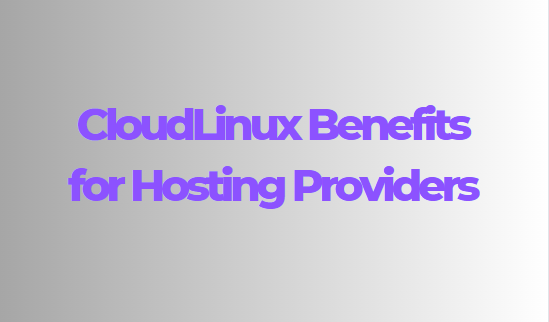
Increased Server Density
By efficiently managing resources and maintaining stability, CloudLinux allows hosting providers to increase server density. This means:
- Higher Profitability: More websites can be hosted on a single server without compromising performance.
- Scalability: Hosting providers can scale their operations more effectively, accommodating more clients without additional hardware costs.
Reduced Support Costs
The enhanced stability and security provided by CloudLinux lead to fewer support requests and incidents. This reduces the overall support costs for hosting providers, allowing them to allocate resources more effectively.
Competitive Advantage
Offering CloudLinux as part of their shared hosting packages gives hosting providers a competitive edge. The improved performance, security, and stability make their services more attractive to potential clients, helping them stand out in a crowded market.
Benefits for Website Owners
Reliable Performance
Website owners benefit from the reliable performance ensured by CloudLinux. Consistent resource allocation and efficient management mean that their websites remain fast and responsive, even during peak traffic times.
Enhanced Security
The robust security features of CloudLinux protect website owners from common threats. The isolation provided by CageFS and the protection against symlink attacks by SecureLinks ensure that their websites remain secure and their data is protected.
Greater Control and Flexibility
The ability to select different PHP versions and manage resource usage through an intuitive control panel gives website owners greater control over their hosting environment. This flexibility allows them to optimize their websites for performance and compatibility.
Conclusion
CloudLinux is a game-changer for shared hosting environments, addressing the common challenges of resource contention, security vulnerabilities, and stability issues. Its innovative features such as Lightweight Virtual Environment (LVE), CageFS, PHP Selector, and MySQL Governor ensure that both hosting providers and website owners can enjoy a secure, stable, and high-performance hosting environment.
For hosting providers, CloudLinux offers increased server density, reduced support costs, and a competitive advantage. For website owners, it provides reliable performance, enhanced security, and greater control. Overall, CloudLinux transforms shared hosting into a more robust and dependable solution, making it an essential tool for anyone involved in the shared hosting industry.

